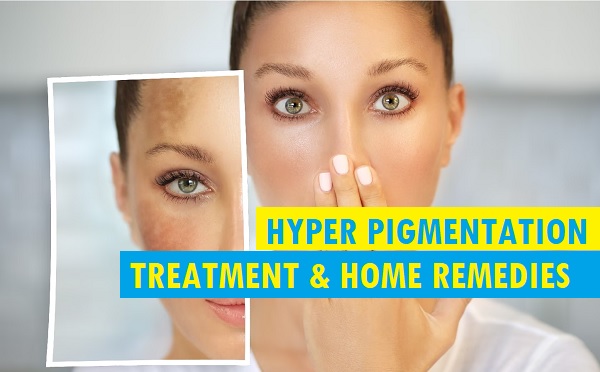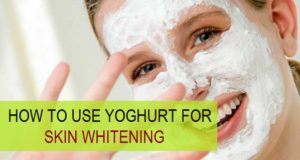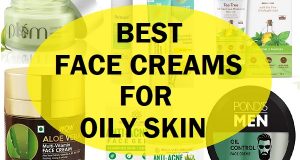
Hyperpigmentation Skin Care: Remedies, Treatments, Precautions, and Prevention
Hyperpigmentation, characterized by dark patches or spots on the skin, is a common skin concern that can affect people of all ages and skin types. Whether caused by sun damage, hormonal changes, acne scars, or inflammation, hyperpigmentation can impact our confidence and make us seek effective solutions. In this article, we will explore various remedies, over-the-counter treatments, precautions, and preventive measures to help you combat hyperpigmentation and achieve a more even-toned complexion.
What is Hyperpigmentation:
Hyperpigmentation occurs when there is an excess production of melanin, the pigment responsible for the color of our skin, hair, and eyes. This overproduction can lead to localized or widespread darkening of the skin. Common forms of hyperpigmentation include melasma, sunspots, post-inflammatory hyperpigmentation (PIH), and age spots.
Home Remedies for Hyperpigmentation:
While home remedies may not provide immediate results, they can be beneficial in reducing the appearance of hyperpigmentation over time. Here are some natural remedies to consider:
- Lemon Juice: The natural bleaching properties of lemon juice make it an effective remedy for hyperpigmentation. Apply fresh lemon juice to the affected areas, leave it on for 10-15 minutes, then rinse off with water. Be cautious as lemon juice can cause skin sensitivity, and always use sunscreen afterward.
- Aloe Vera: Known for its soothing properties, aloe vera can help reduce pigmentation and promote skin healing. Extract the gel from an aloe vera leaf and apply it to the affected areas. Leave it on for 20 minutes before rinsing off.
- Turmeric: This golden spice has been used for centuries to brighten the skin and even out skin tone. Mix turmeric powder with milk or honey to form a paste, apply it to the affected areas, and leave it on for 20 minutes before rinsing off.
Over-the-Counter Treatments for Hyperpigmentation:
If home remedies are not able to provide the desired results in dealing with the hyper-pigmentation issue, then certainly, over-the-counter treatments can be an effective option. Look for products that contain the following ingredients known for their skin-lightening properties:
- Hydroquinone: This is a common ingredient in many over-the-counter skin-lightening creams. It inhibits the production of melanin and can help fade hyperpigmentation. However, it’s important to follow the instructions and use it sparingly, as excessive use can cause skin irritation.
- Vitamin C: As an antioxidant, vitamin C helps to brighten the skin and reduce hyperpigmentation. Look for serums or creams containing vitamin C and apply them regularly to the affected areas.
- Alpha Hydroxy Acids (AHAs): AHAs such as glycolic acid and lactic acid help exfoliate the skin, promote cell turnover, and fade hyperpigmentation. They can be found in various skincare products like cleansers, toners, and serums.
Precautions for Hyperpigmentation:
To prevent further aggravation of hyperpigmentation and protect your skin, consider the following precautions:
- Sun Protection: Sun exposure is a major contributor to hyperpigmentation. Always wear a broad-spectrum sunscreen with SPF 30 or higher, even on cloudy days. Additionally, seek shade, wear protective clothing, and use wide-brimmed hats and sunglasses.
- Gentle Skincare Routine: Avoid harsh scrubs or abrasive cleansers that can irritate the skin. Instead, opt for gentle cleansers and moisturizers that nourish and hydrate the skin.
- Avoid Picking or Squeezing: Picking at acne or scabs can lead to post-inflammatory hyperpigmentation. Resist the temptation and allow your skin to heal naturally.
Prevention of Hyperpigmentation:
Prevention is key when it comes to managing hyperpigmentation. Here are some preventive measures to incorporate into your skincare routine:
Consistent Sun Protection: Always use sunscreen, reapplying every two hours when exposed to the sun. Seek shade during peak hours, and consider wearing protective clothing.
Maintain a Healthy Lifestyle: Eat a balanced diet rich in antioxidants and vitamins. Stay hydrated by drinking a lot of water, exercise regularly, meditate and manage stress levels to promote overall skin health.
Gentle Hair Removal Techniques: Avoid aggressive hair removal methods that can cause skin irritation and inflammation. Opt for gentler alternatives such as waxing or using depilatory creams.
Hyperpigmentation can be a bothersome skin condition, but with the right approach, it can be effectively managed. By incorporating home remedies, over-the-counter treatments, and taking precautions, you can reduce the appearance of hyperpigmentation and achieve a more even-toned complexion. Remember to be patient, as it may take time to see significant results. If the condition persists or worsens, consult a dermatologist for personalized advice and treatment options. Embrace the journey towards healthy, radiant skin and regain your confidence!
Disclaimer: This article is for informational purposes only and should not replace professional medical advice.
 Tips and Beauty Site about Skin care, Hair care, Health, weight loss and lifestyle tips
Tips and Beauty Site about Skin care, Hair care, Health, weight loss and lifestyle tips






